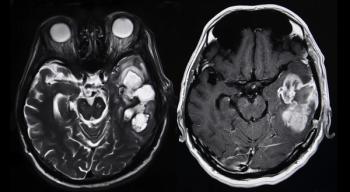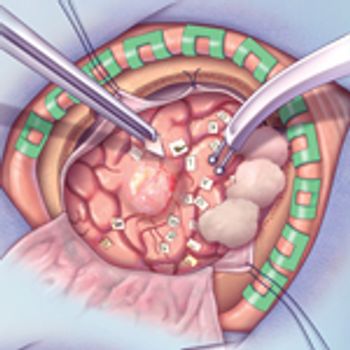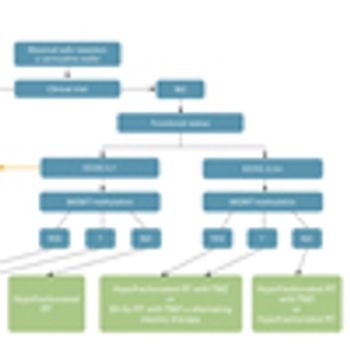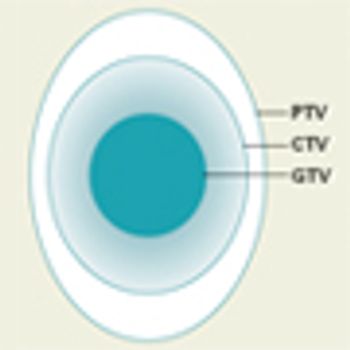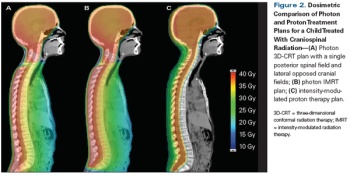
In Part 2 of this review article, we discuss the management of primary CNS lymphoma, focusing in particular on systemic therapies and radiation, as well as provide clinicians with a comprehensive overview by covering the key investigations that have brought us to our current state of knowledge, and studies that may guide future interventions.
































